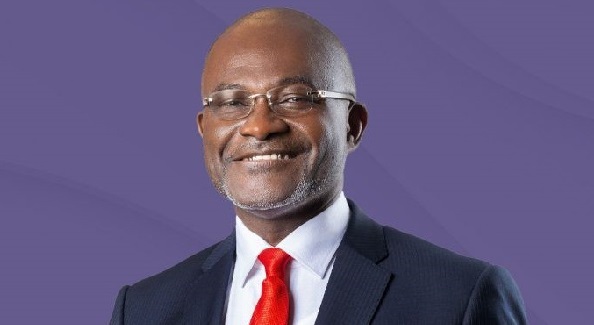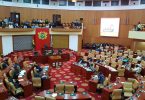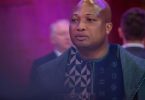Kennedy Ohene Agyapong, a prominent figure within the New Patriotic Party (NPP), has ignited a heated debate by expressing his opinion on the controversial 10% tax levied on bet winnings. The seasoned lawmaker has taken a stance that has left many both intrigued and perplexed. Agyapong, known for his outspoken demeanor, contends that the current 10% tax on bet winnings is far too lenient and should be increased substantially.
Agyapong’s viewpoint, which may appear unconventional to some, hinges on his argument that the tax fails to adequately reflect the windfall enjoyed by individuals who win bets. Drawing parallels with taxation practices in the United States, Agyapong cited the substantial levies imposed on lottery winnings and similar games of chance. “�ℎ�10The10 is in order and it should have been more,” Agyapong asserted in an interview with 3Xtra. He highlighted the fact that in the United States, lottery winners often forfeit a significant portion of their winnings to taxes, a practice he deems appropriate given the nature of the earnings.
The comparison to the United States’ taxation of lottery winnings serves as the crux of Agyapong’s argument. In his view, the 10% tax rate implemented in Ghana is considerably lower than what is deemed justifiable. He stated, “If you go to America and win the US lottery, a billion, you’d take home about $600 million because it’s free money and it’s taxable, so 10% they have been charitable.”
In addition to advocating for a higher tax rate on bet winnings, Agyapong also delved into the broader implications of betting, particularly for the nation’s youth. He expressed concern over the rising prevalence of betting among young individuals, emphasizing its potential negative impact on their futures. “I will be honest with the ����ℎyouth, betting is not anything good for your future,” Agyapong cautioned, urging the youth to focus on more constructive endeavors.
Unsurprisingly, Agyapong’s stance has met with mixed reactions. While some individuals laud his call for a stricter taxation policy on bet winnings, others question the feasibility of such an approach and its potential consequences on the betting industry and its patrons.
Interestingly, Agyapong’s commentary also tied into his larger political ambitions. He urged the youth to consider him as a potential leader and assured them of his commitment to addressing pressing issues like unemployment. This aspect of his statement highlights the intersection of economic policies, social concerns, and political aspirations within the context of taxation and governance.
The controversy surrounding the 10% betting tax is further exacerbated by the opposition National Democratic Congress (NDC), which has openly expressed its opposition to the tax. The NDC’s youth wing, led by George Opare Addo, has issued a strongly worded press statement condemning the tax as a “burdensome taxation policy” that unfairly affects the country’s youth and the betting industry. The statement also outlined the NDC’s intention to engage in various forms of protests and demonstrations to advocate for the tax’s abolishment.
In conclusion, Kennedy Ohene Agyapong’s unexpected endorsement for a higher tax rate on bet winnings has ignited a spirited debate about the appropriate taxation of gambling-related income. His comparison to taxation practices in the United States has added depth to the conversation, while also raising questions about the potential consequences of such a move on the nation’s youth and the broader betting industry. As the discourse intensifies, it remains to be seen how the government and opposition will navigate this complex issue and whether Agyapong’s opinion will sway public sentiment.







